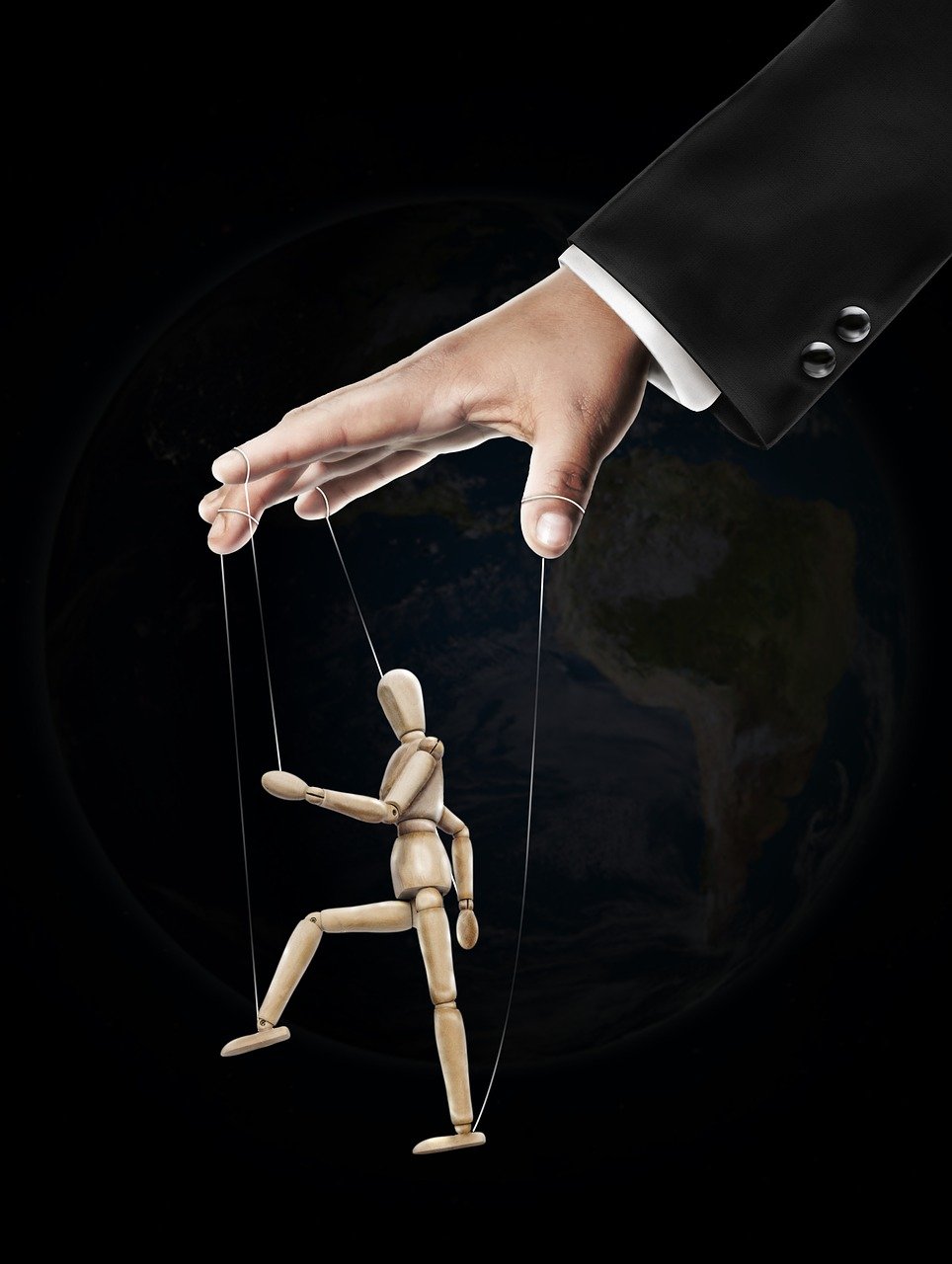In the run-up to the next presidential primary season and caucus, it’s natural to reflect on biggest presidential campaign mistakes that set a template for today’s candidates. Some classics are easy to remember. This includes such as George McGovern’s 1972 nomination, Jimmy Carter’s 1976 nomination, and Ronald Reagan’s back-from-the-dead in 2008 campaign.
The dozens of candidates vying for the next Democratic nomination will result in many losers. Those who start absurdly or end in disaster and end in sad silence, with no one caring enough to witness the final goodbye. Hence, now is an appropriate time to reflect on the bad nomination campaigns of the past. Moreover, see what lessons they might offer a class of new candidates.
There are many obscure candidates on this list whose hopes were never raised high enough to be dashed. But it also includes themes that have repeated across successive cycles and takeaways.
Here are the top 7 biggest presidential campaign mistakes in the history.
1. 1860: WILLIAM SEWARD departs the country.
In the 1860 presidential election, he was the frontrunner for the nomination of the Republican Party. Before the party’s convention in 1860, Seward made several trips abroad, visiting numerous countries in Europe and Asia. A few Arabian horses were even bought by him while he was in Beirut. On his return home, Seward discovered that Abraham Lincoln, an Illinois lawyer, had gained the party’s support.
Besides his ill-timed trip, Seward’s activism and vehement opposition to slavery earned him enemies among Republicans. Ultimately, he was quite successful, becoming Lincoln’s secretary of state. One of his other risky bets, but one that paid off handsomely, was the purchase by Russia of Alaska in 1867.
2. Ted Cruz signs up for Obamacare:
Several observers were impressed when Senator Cruz announced that he was running for office at Liberty University. A few days later, he surprised people by doing something unexpected. He acknowledged that his wife was taking a leave of absence to help with the campaign so he will be signing up for the Affordable Care Act plan.
After this one, he will have a hard time recovering. It raises questions regarding how true zealot he is because he is selling himself as the genuine conservative, and the one who will prepare an effective fight against the Democrats.
Democratic candidates will have a lot of ammunition to remind voters that Republicans complain about the government even when their constituencies rely on it.
3. Interviewers question Rand Paul’s condescension
Senator Rand Paul of Kentucky faces questions about his authenticity. Paul is appealing to younger Republicans who may not otherwise be interested in the party being the so-called “libertarian” in the campaign. In addition, he hopes to appeal to hard-core conservatives who believe that their party has moved too far from its original goals.
Some of Paul’s recent statements, such as calling for an aggressive war against ISIS, have already been deemed difficult to justify.
4. ‘Immigrant’ grandparents of Hillary Clinton
In her first week, Clinton did make a minor mistake. Her campaign has thus far been smooth. As part of a discussion about immigration reform in Norwalk, Iowa, Clinton said that all of his grandparents had immigrated, although only one of them had done so.
Staff members corrected her statements. “Her grandparents always talked about the immigrant experience and, as a result, Hillary always thought of them as immigrants. Hillary’s grandfather came from Russia, but it appears her grandmother was born soon after her parents arrived in the U.S..”
Most observers thought Clinton’s campaign video was perfect since she mostly did not appear in it. After driving through Iowa, she showed she won’t make the same mistakes she did in 2008 when she didn’t take the organization of caucuses seriously. This opening certainly feel of something made for television, but it has generally well-received.
5. Woodrow Wilson in 1916
Underdogs can a rarity for incumbent presidents, but Woodrow Wilson faced a serious campaign threat from Charles Evans Hughes, a former Supreme Court justice who affiliated with the Republican Party.
During a campaign conducted during the shadow of World War I, Hughes gained support by calling Wilson’s neutrality policy weak and potentially disastrous, arguing instead for more vigorous military preparations. In addition to the perceived strength of the Republican Party, his candidacy also bolstered by the return of Teddy Roosevelt and the “Bull Moose” faction that splintered from his empire.
6. Harry Truman’s presidency in 1948
The 2014 election proved that pollsters and prognosticators are often wrong. Almost every major news outlet reported that incumbent Democratic President Harry S. Truman trailed New York Governor Thomas Dewey in the months leading up to November 1948. The onset of the Cold War caused Truman’s approval ratings to plummet to below 40 percent, while Dewey on the rise, having just won reelection to the House during the 1946 midterm elections. Even Bess Truman privately acknowledged that her husband was likely to lose. The New York Times predicted, “Dewey’s election as President is a done deal.”
7. Scandal surrounding Lewinsky
The affair began in November 1995, when Bill Clinton began having an affair with Monica Lewinsky, a 22-year-old intern who earned a paid position in the White House while working in Leon Panetta’s office that summer.
A thorough investigation revealed that Lewinsky had been spending too much time with the president. This in turn, prompted her transfer to the Pentagon. In secretly recorded phone calls, she revealed her affair to Linda Tripp, a coworker there. Paula Jones, an Arkansas state employee, accused Clinton of sexual harassment. Tripp transmitted the recordings to Kenneth Starr, who investigated the case. When Clinton and Lewinsky prosecuted in the Jones case, the president charged with perjury for denying his affair at that point.
In December 1998, the House impeached Clinton. The Senate acquitted him in the trial that followed, and Clinton served out the remainder of his term.
Also Read: Top 10 most influential 20th century diplomats in the world
